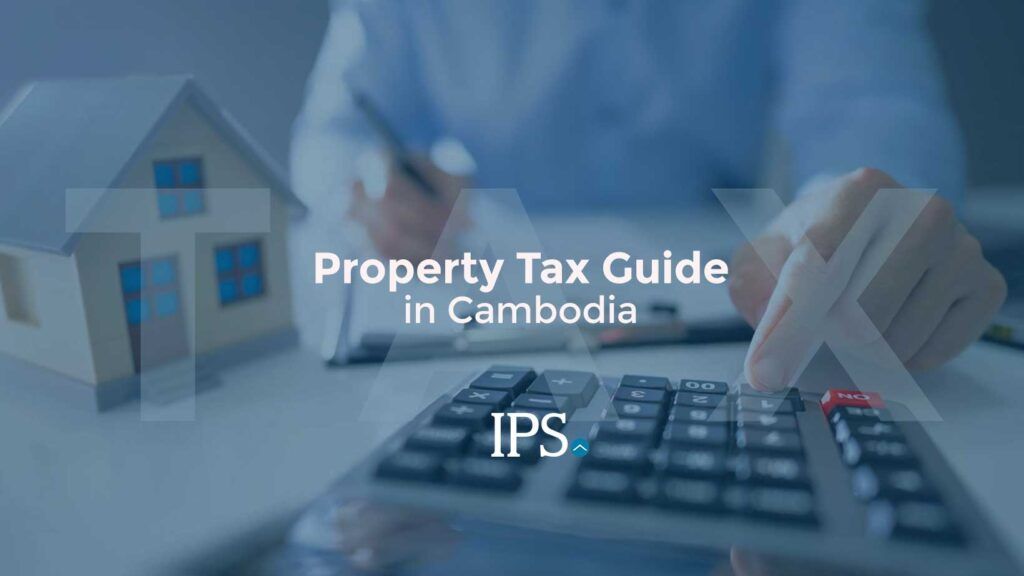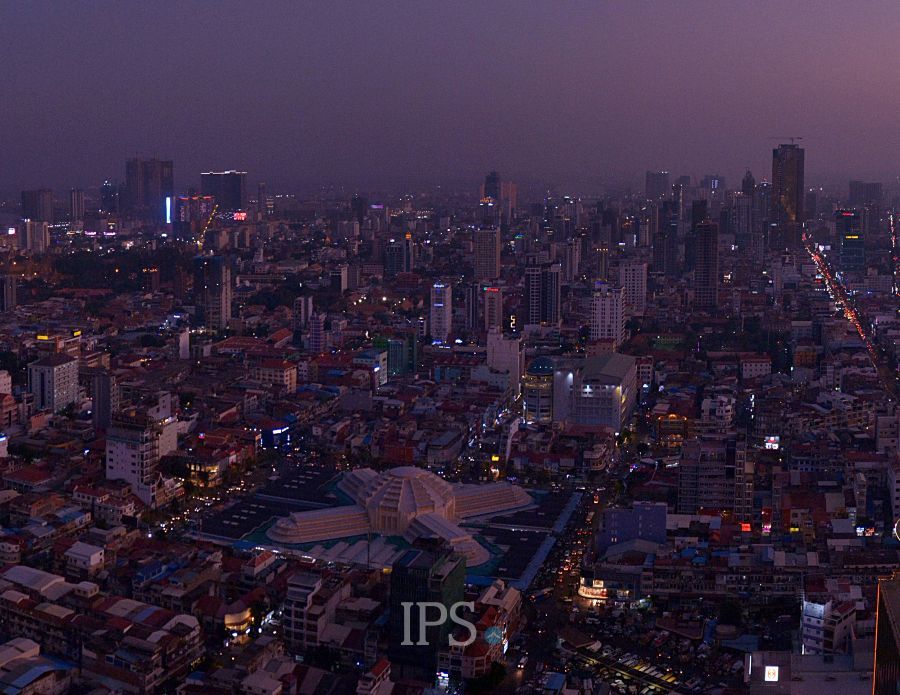Tax Considerations When Purchasing, Selling or Leasing a Residential Property in Cambodia
Cambodia has implemented various tax incentives and policies to attract foreign investment, including in the real estate sector. Here are some key points regarding taxes for foreign property investors in Cambodia. Property taxes are a requirement, regardless of whether the investor is a Cambodian national or a foreign investor.
The property taxes that apply to the purchase of a property in Cambodia are:
Tax On Immovable Property (TOIP)
Immovable properties include land, houses, condos, buildings, infrastructure and other constructions. The tax is calculated as follows:
0.1% x 80% of market value of the property less US$25,000 (any property under US$25,000 is exempt from the tax)
Example: A condo purchased for US$500,000 is taxed as such:
$500,000 x 80% = $400,000
$400,000 – $25,000 = $375,000
$375,000 x 0.1% = $375
TOIP is paid annually by 30 September of each year.
Rental Tax
There is a 10% rental tax on residential property owned by a foreign investor and leased to a tenant.
The tax is calculated on the gross rental amount, which is the total amount of rent paid by the tenant each year.
Example: A condo is leased for US$2,000 gross rent per month.
$2,000 x 12 = $24,000
Annual rental tax = $24,000 x 10% = $2,400
Capital Gains Tax
Cambodia has now confirmed the implementation of a 20% Capital Gains Tax (CGT) on a wide range of assets, including real estate. For property, the tax takes effect from January 2026, with an option to calculate either through the actual-cost method or the lump-sum method (effectively reducing the burden to around 4% of the sale price).
You can read more about the official rollout and details in this article on Cambodia’s Capital Gains Tax implementation.
Double Taxation Agreements (DTAs)
Cambodia has signed DTAs with several countries to avoid double taxation. These agreements provide relief from paying taxes twice on income from property investments for residents of countries with which Cambodia has established DTAs.
It is advisable to consult with a tax professional or refer to the specific DTA provisions between Cambodia and the investor’s home country to find out if a DTA would apply.
Read: Ultimate Guide on Cambodia Property Tax
• Introduction to Cambodia
» Introduction to Phnom Penh
» Introduction to Siem Reap
» Monarchy & Government
• Tourism & Residency
» Thriving Tourism Industry
» Visas in Cambodia
• Healthcare & Education
» Healthcare in Cambodia
» Education in Cambodia
» International Schools in Cambodia
• Technology
» The Rise of Technology in Cambodia
• Why invest in property in Cambodia?
• Why Invest in Condominiums?
» Condo Ownership Journey in Cambodia
• Why Phnom Penh is SEA’s New Real Estate Hotspot
• Cambodian Property Tax Guide
» Navigating Rental Property Taxes in Cambodia
• Can Foreigners Own Land in Cambodia?
• Understanding Cambodian Property Titles
» Strata Title: Background, Benefits, Legal Value
• Understanding Perpetual Leases in Cambodia
• The IPS Cambodia Advantage
» Why Choose IPS?


